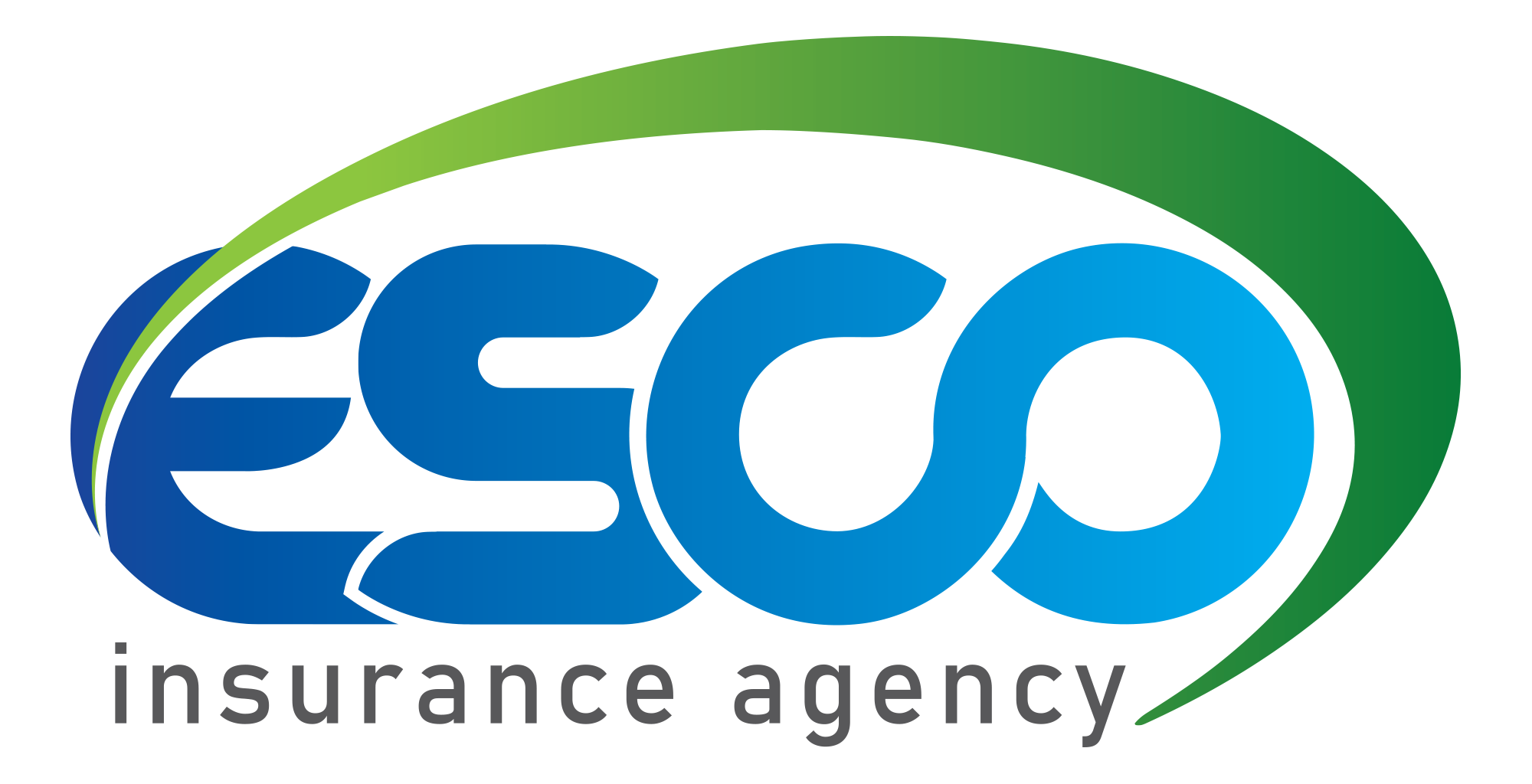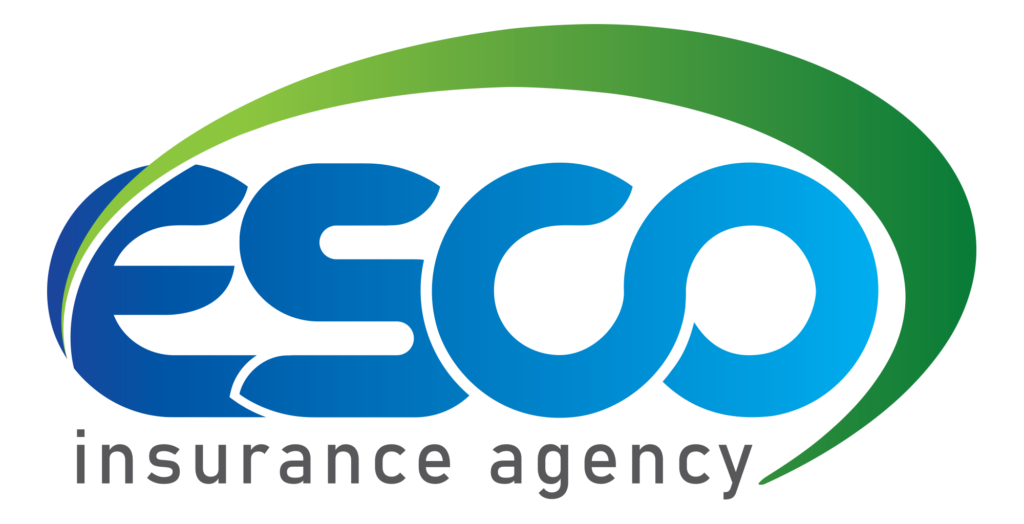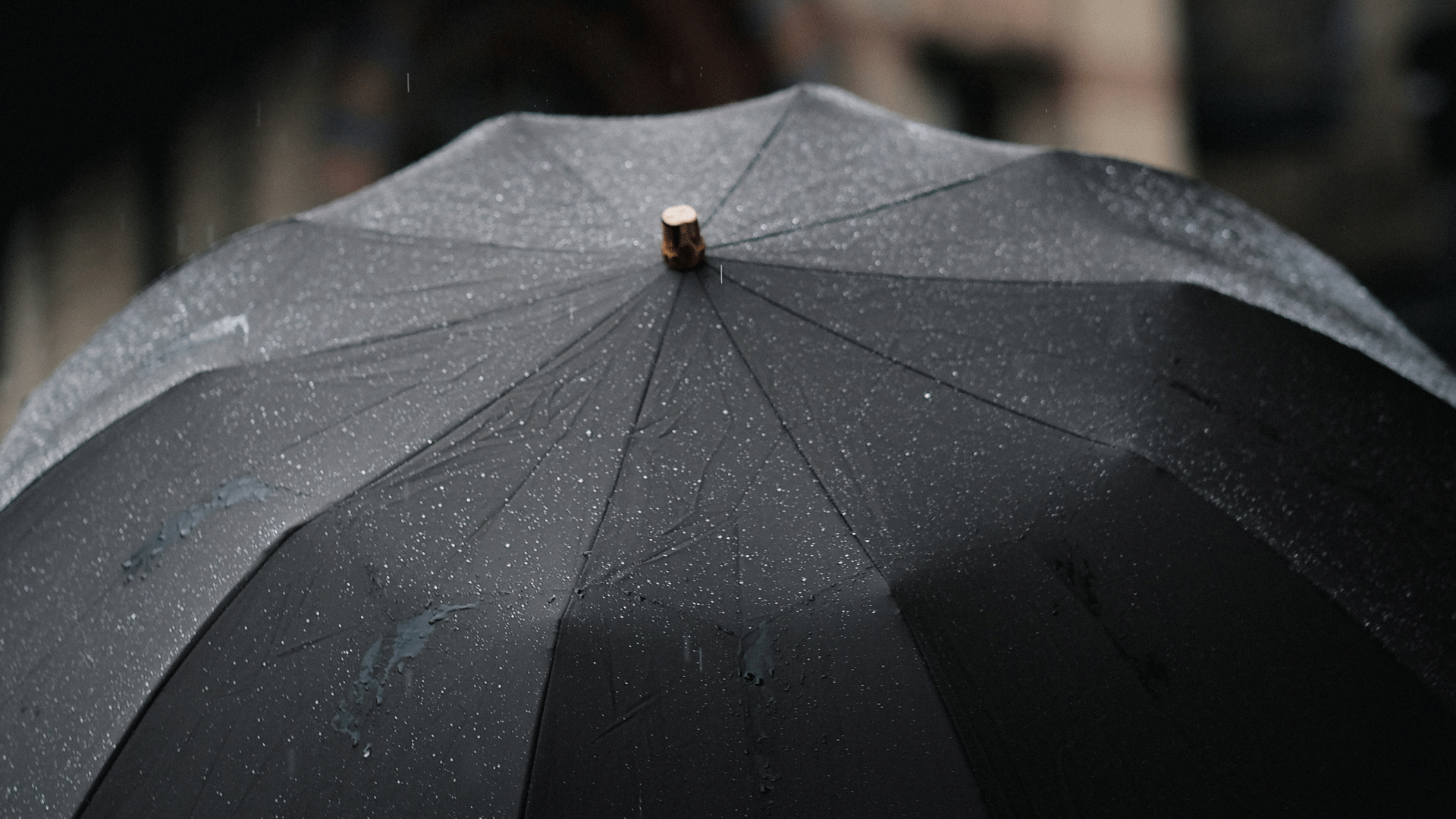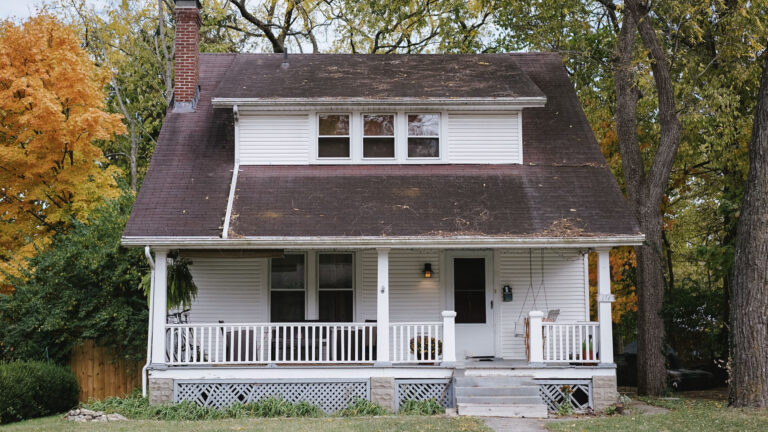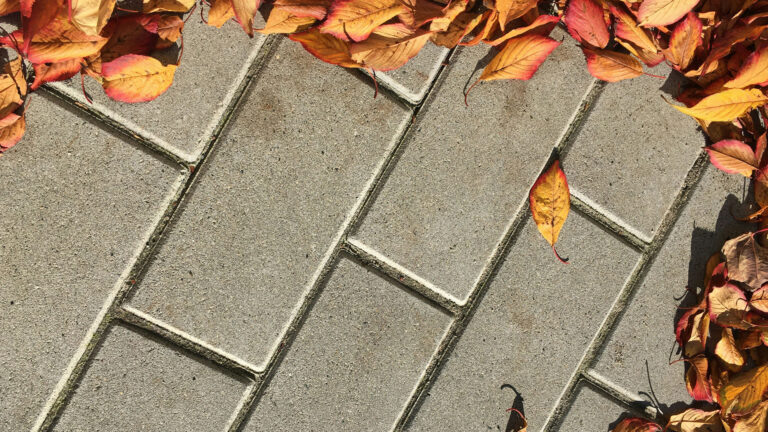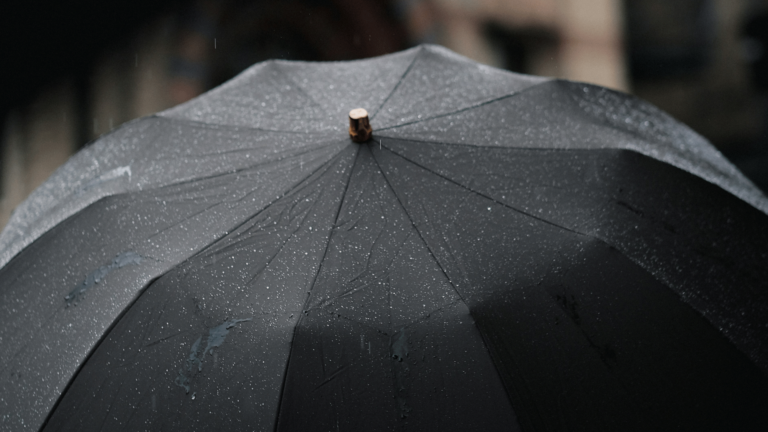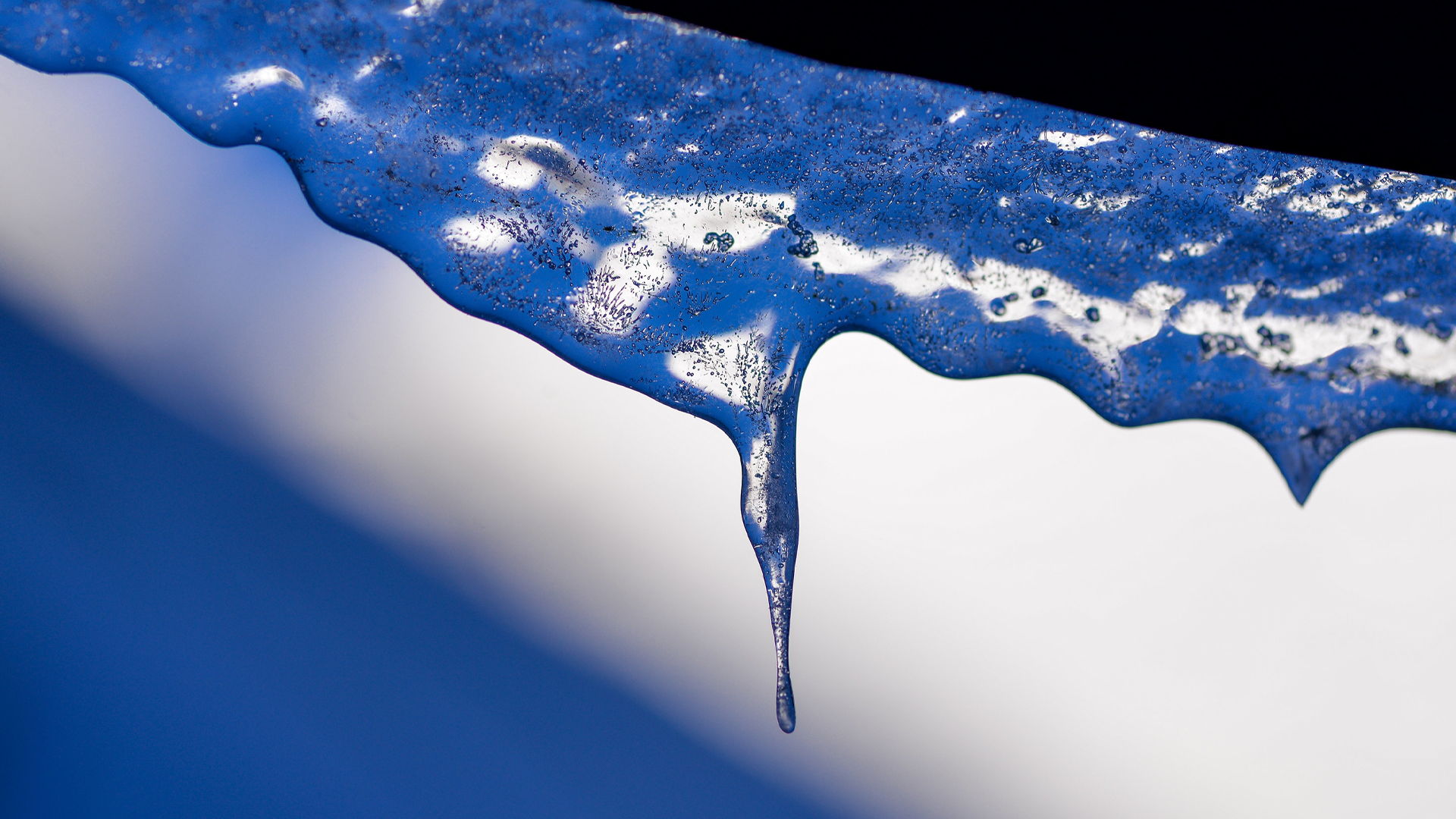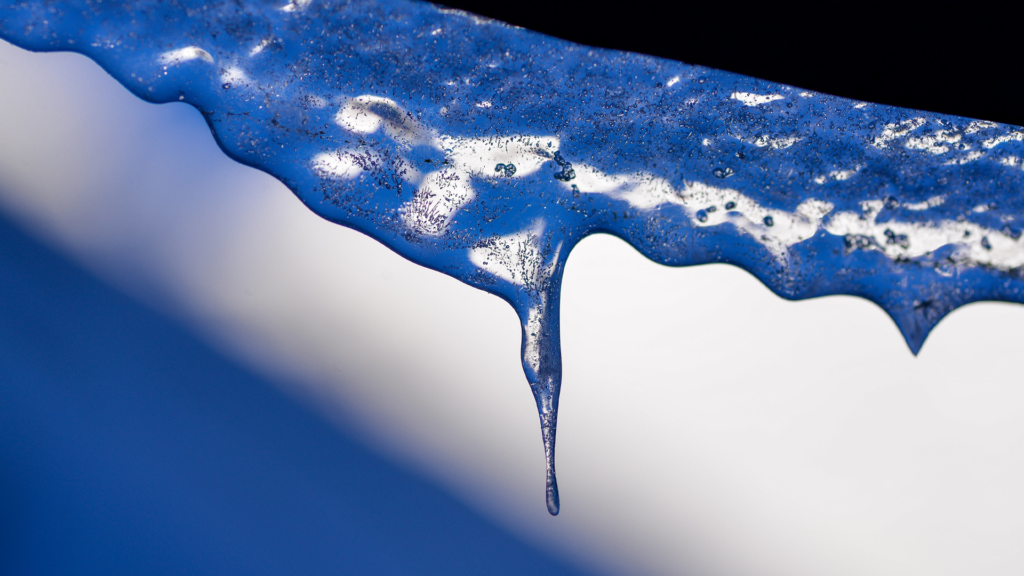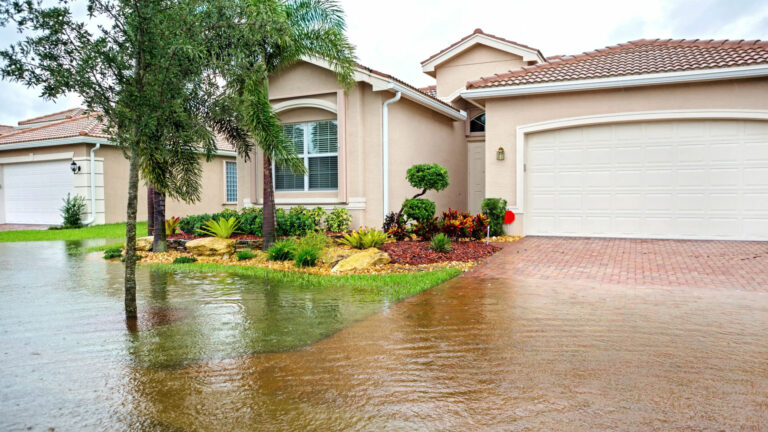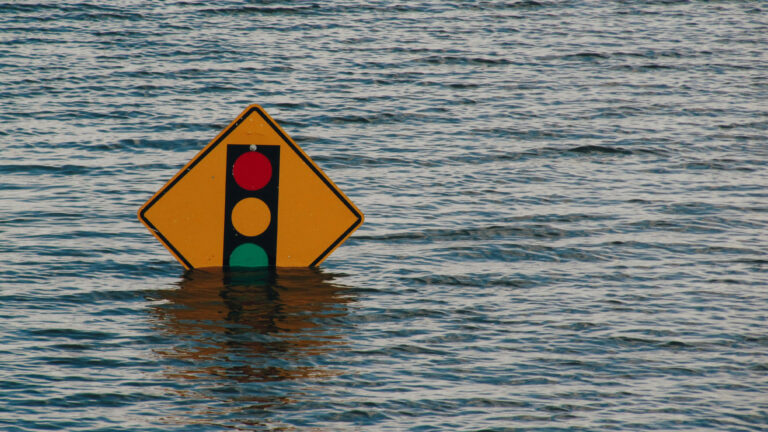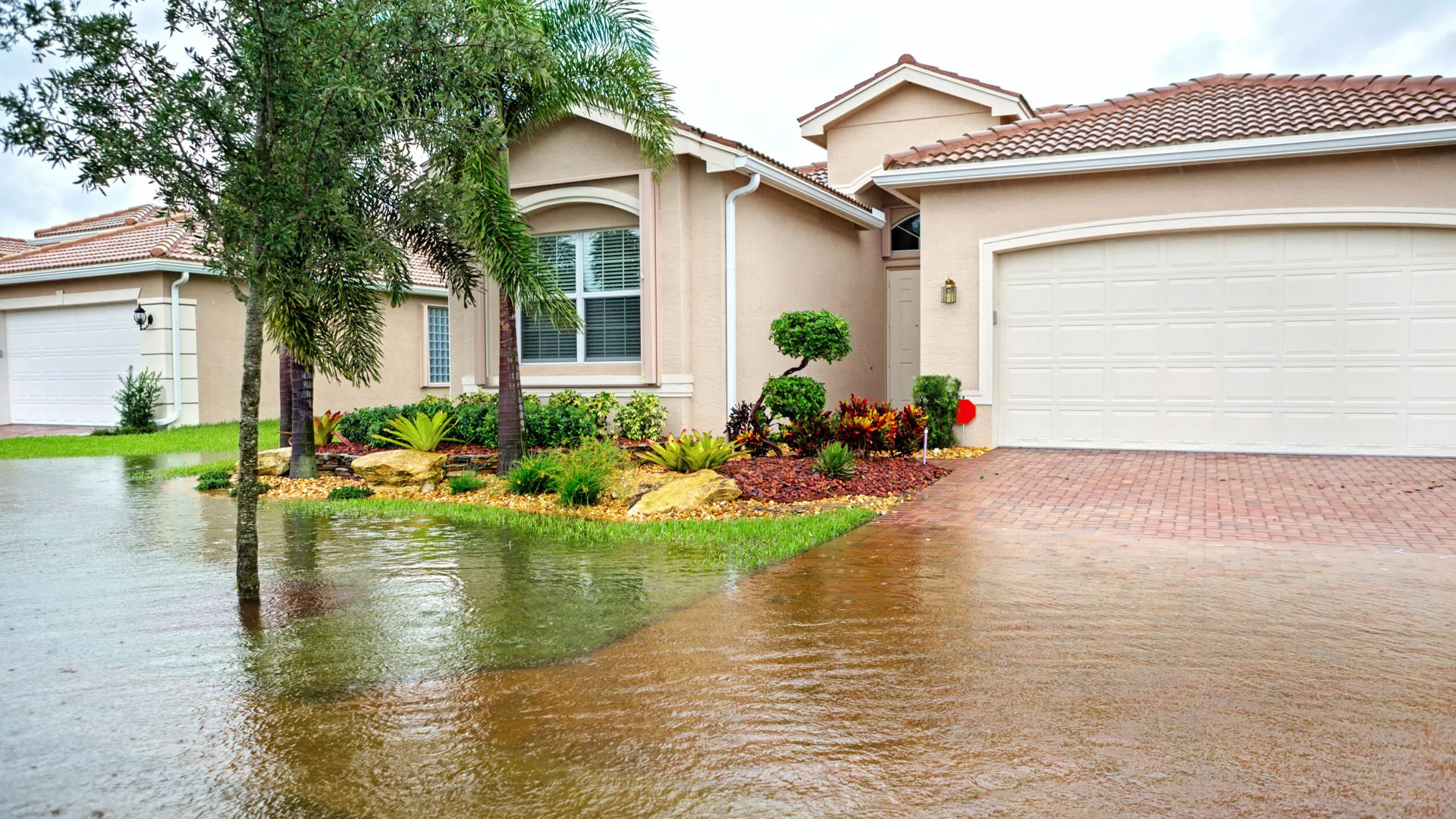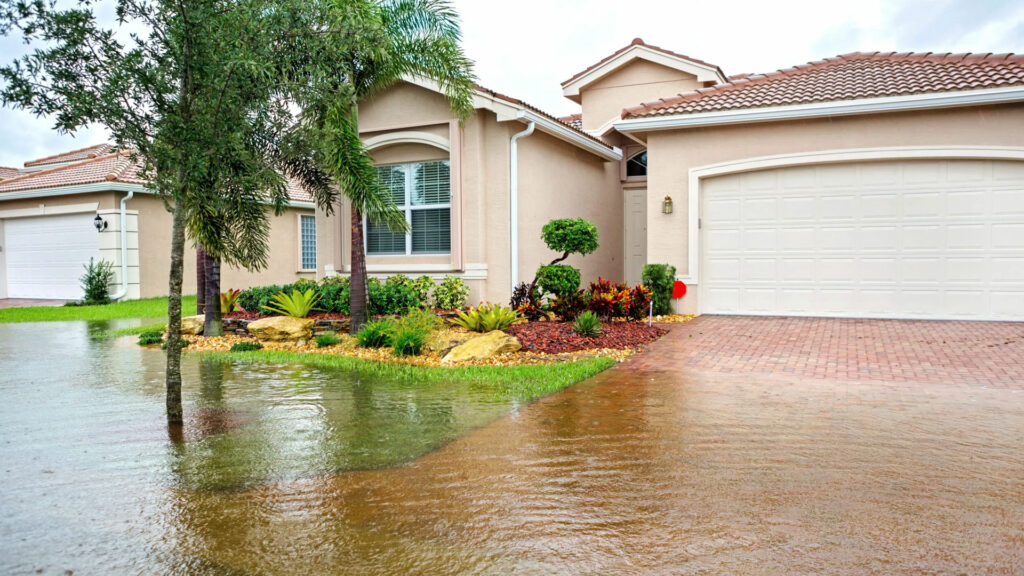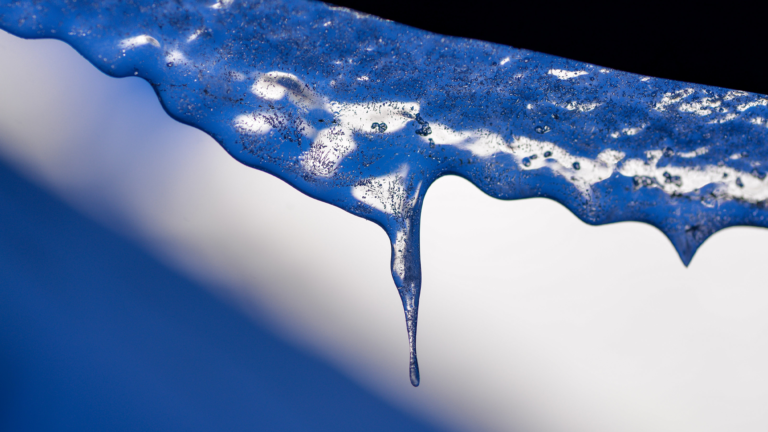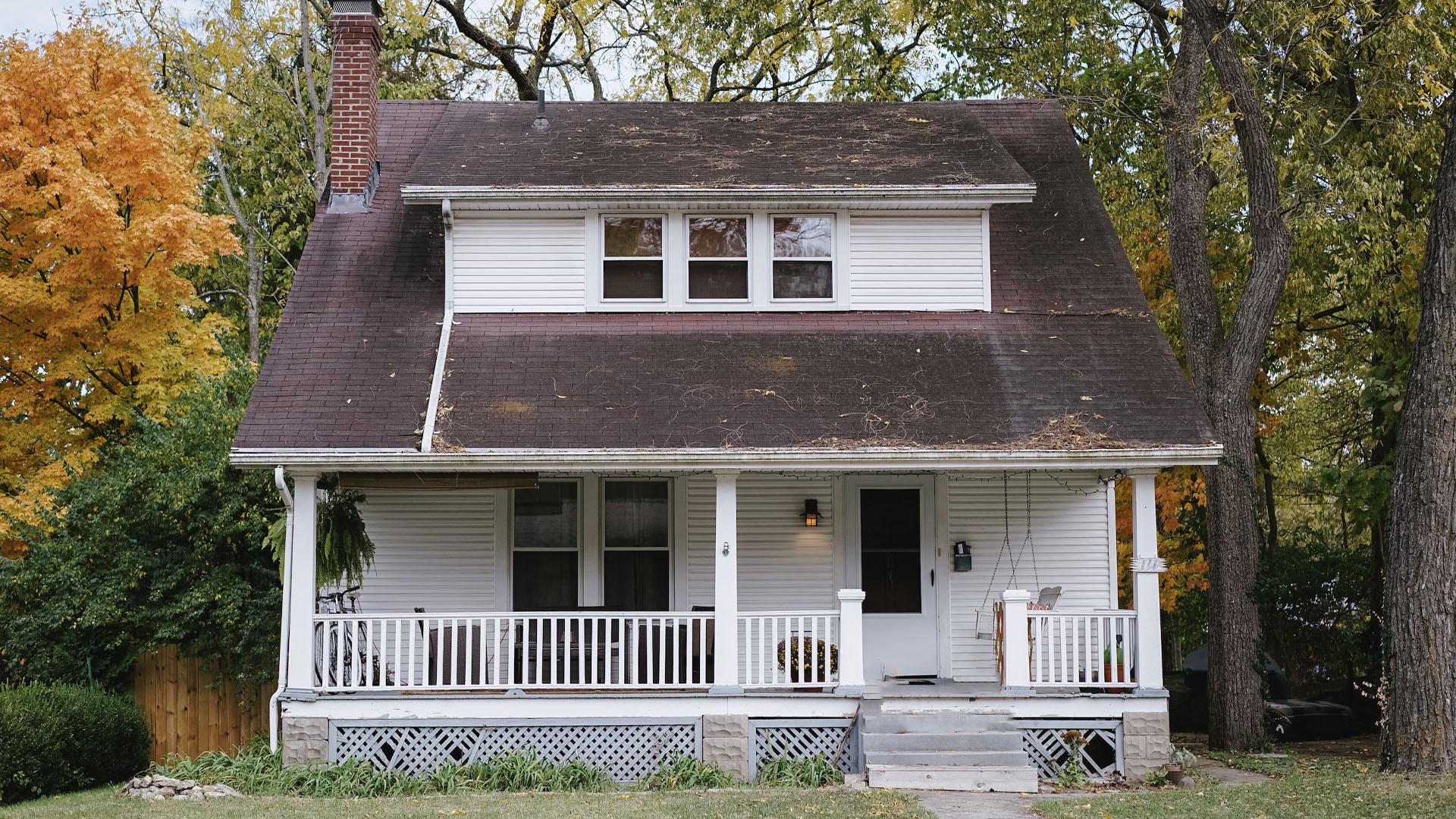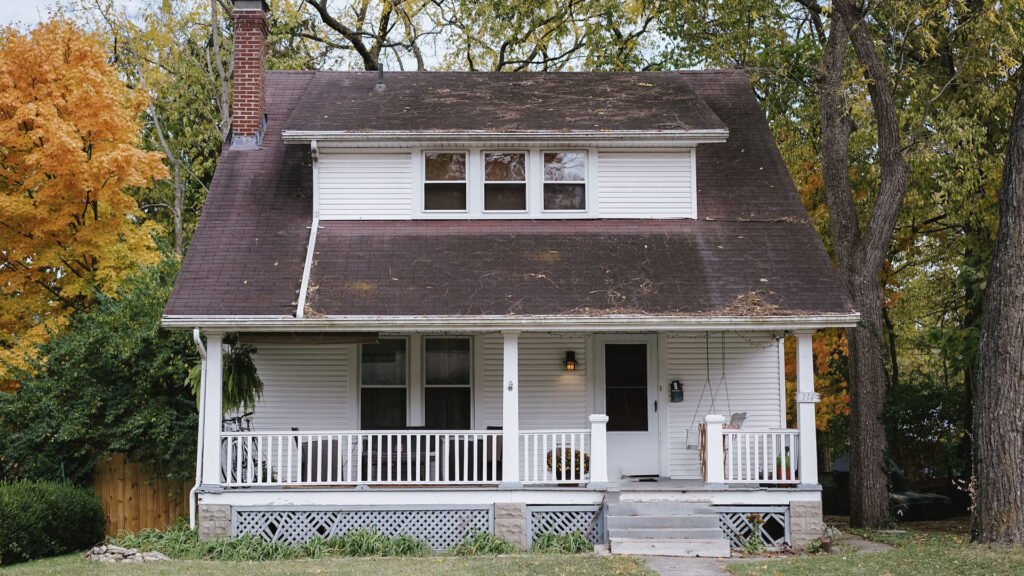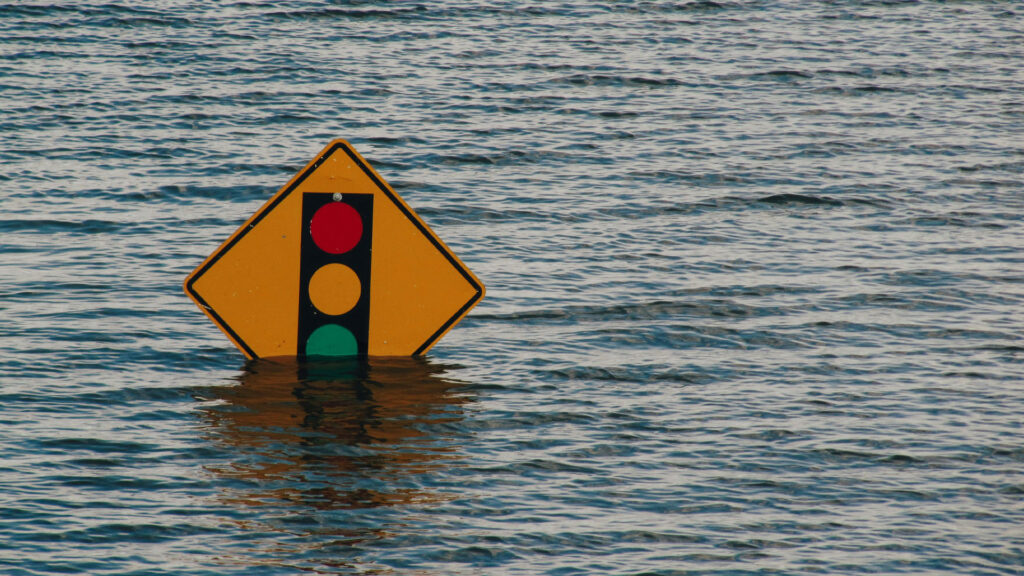An Umbrella Just in Time for Spring
Imagine driving home on a rainy night and running a red light, causing a crash. The other driver suffers severe injuries and sues for $750,000. Your auto insurance covers only $300,000, leaving you responsible for $450,000. Without an umbrella policy, you might have to drain savings, sell assets, or face wage garnishment.
With an umbrella policy, the extra $450,000 is covered, protecting your finances.
Other examples where an umbrella policy helps:
Slip-and-Fall at Home – A guest sues after slipping on your icy driveway.
Dog Bite Lawsuit – Your dog bites a neighbor, leading to a legal claim.
Social Media Defamation – Your teen’s post results in a lawsuit.
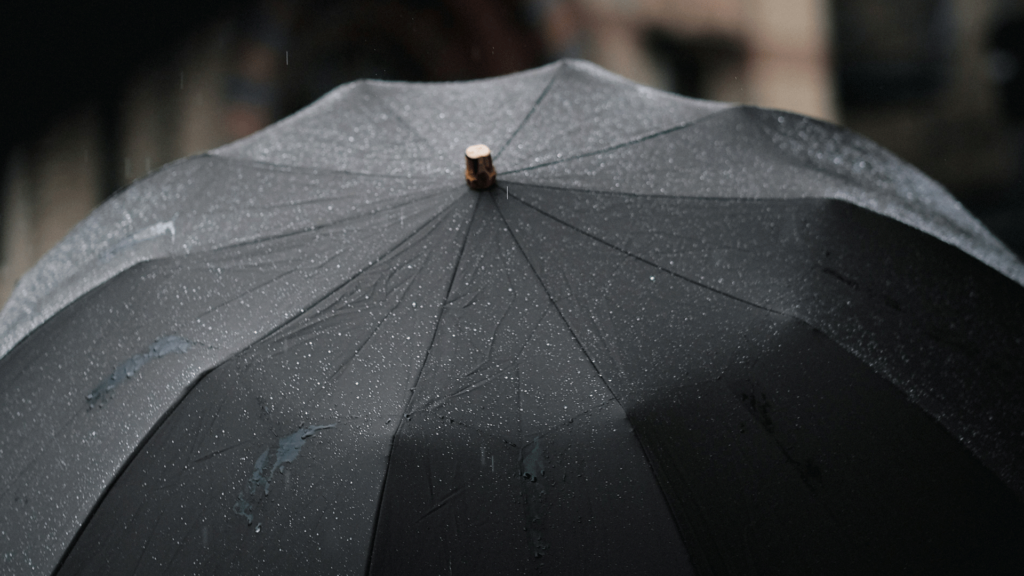
An umbrella policy provides affordable extra protection for unexpected liability claims that exceed your primary coverage.
